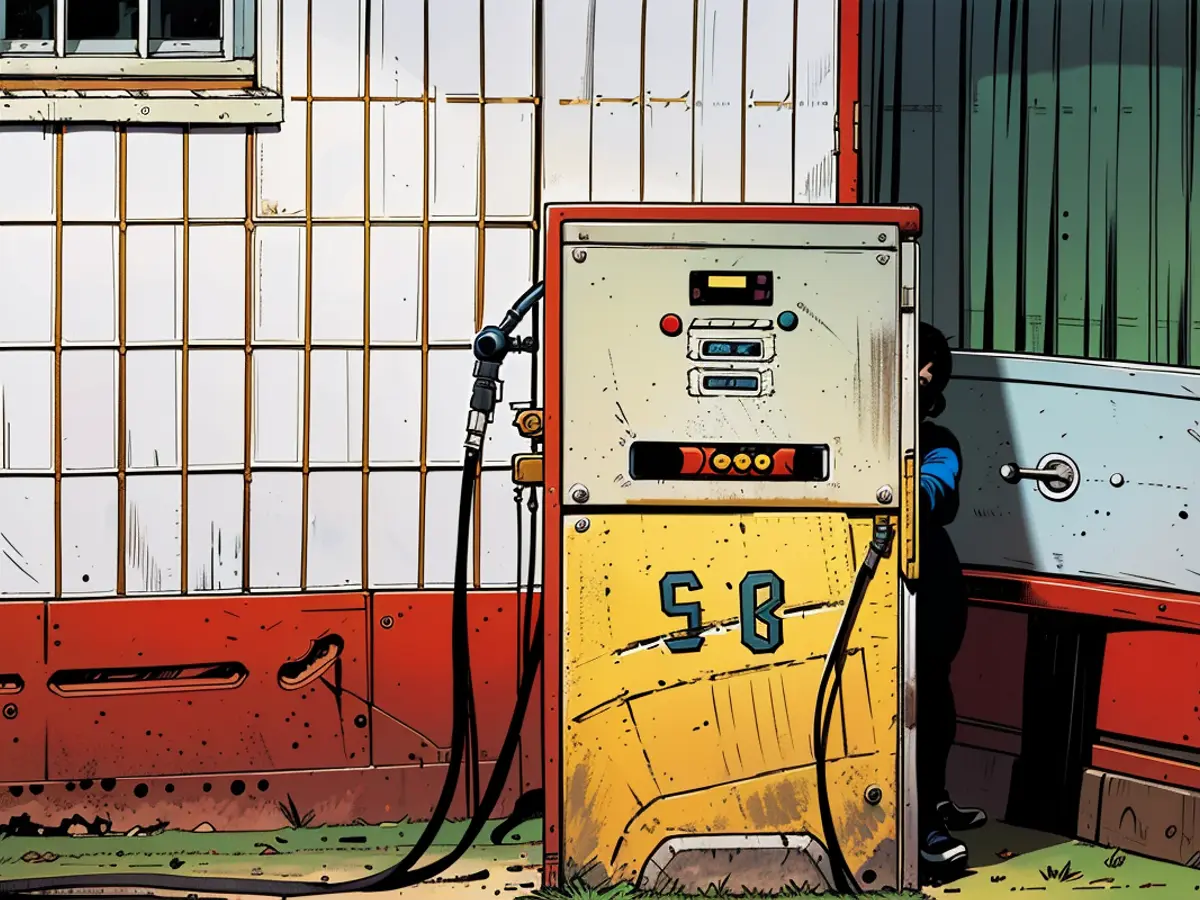European elections lead to stall in combustion engine ban progress
The Union is making the fate of combustion engine cars a hot topic leading up to the elections. CDU leader Merz has promised, in light of the recent election results, that the plan to prohibit new vehicles with fossil fuels from 2035 won't take effect. However, the winners of the election don't have complete control over this decision.
For CDU leader Friedrich Merz, the future of combustion engine cars is clear after the European election. In the vote where the Union and the conservative European People's Party emerged victorious in Germany and across Europe, Merz believes it's a verdict to scrap the so-called combustion engine ban. Merz stated on ntv that this is a done deal for them.
The current EU regulation states that only emission-free cars can be newly registered from 2035, meaning those without carbon emissions. This includes electric vehicles and some fossil-fueled cars, provided they don't rely on fossil fuels. But the possibility of producing climate-neutral E-fuels in substantial quantities at competitive prices by 2035 is uncertain. Critics refer to this as the combustion engine ban.
In recent weeks, the Union touched on the debate about the future of combustion engine cars during their campaign. EPP candidate for Germany, Manfred Weber, also supported this stance. One non-representative survey by the Union ended up with majority support for the Conservative's view on ending fossil drives. Additionally, the automotive industry lent its voice to the debate, with BMW CEO Oliver Zipse labeling it "naive" in an interview and predicting "dramatic consequences for the European industrial base". According to polls, most people also disagree with the combustion engine ban.
Parties who speak out against the alleged ban, such as the AfD and BSW, were successful in the European election. The Greens, who support the current regulation, suffered the most, making for a likely majority in favor of repeal in the new European Parliament. The current regulation even allows for reviews to take place in 2026 to determine whether or not the conditions for transitioning to climate-neutral transportation have changed.
Merz expressed his intentions at ntv, saying "we'll take advantage of the revision clause 2026. Then, in two years, this decision will be over." To execute this plan, a majority in the European Parliament must be established. However, the commission and EU Council still have a say in this matter and haven't decided yet. Currently, Germany represents the EU Council with the traffic light government, which has remained firm on the combustion engine ban. The review of this ban is set for 2026, but Germany's next federal election is already scheduled for 2025, so cards may be reshuffled in terms of climate protection measures.
For me, this means that the Union is promising to push for a change in the EU regulation regarding combustion engine bans, and with the support of other parties who oppose the ban like CDU, CSU, and AfD, they might have enough influence to make it happen. The timeline isn't fully clear yet and depends on the makeup of the next EU Council. The opposing parties argue that restrictions on fossil fuel-powered cars would harm the industry and environment, while the environmentalists say the need to reduce emissions is crucial. Time will tell what the politicians decide.
Read also:
- In response to the CDU's opposition, some German carmakers, such as BMW, have criticized the proposed combustion engine ban, with BMW CEO Oliver Zipse labeling it "naive" and predicting "dramatic consequences for the European industrial base."
- The current combustion engine ban debate also includes the role of diesel cars, as some models could potentially meet the emission requirements by using climate-neutral E-fuels, which remains uncertain for production in substantial quantities and at competitive prices by 2035.
- Friedrich Merz, the CDU leader, has been a proponent for the combustion engine, as he believes that the recent election results serve as an endorsement to scrap the ban, aligning with the stance of other parties like the AfD and BSW who have gained support in the European elections.








